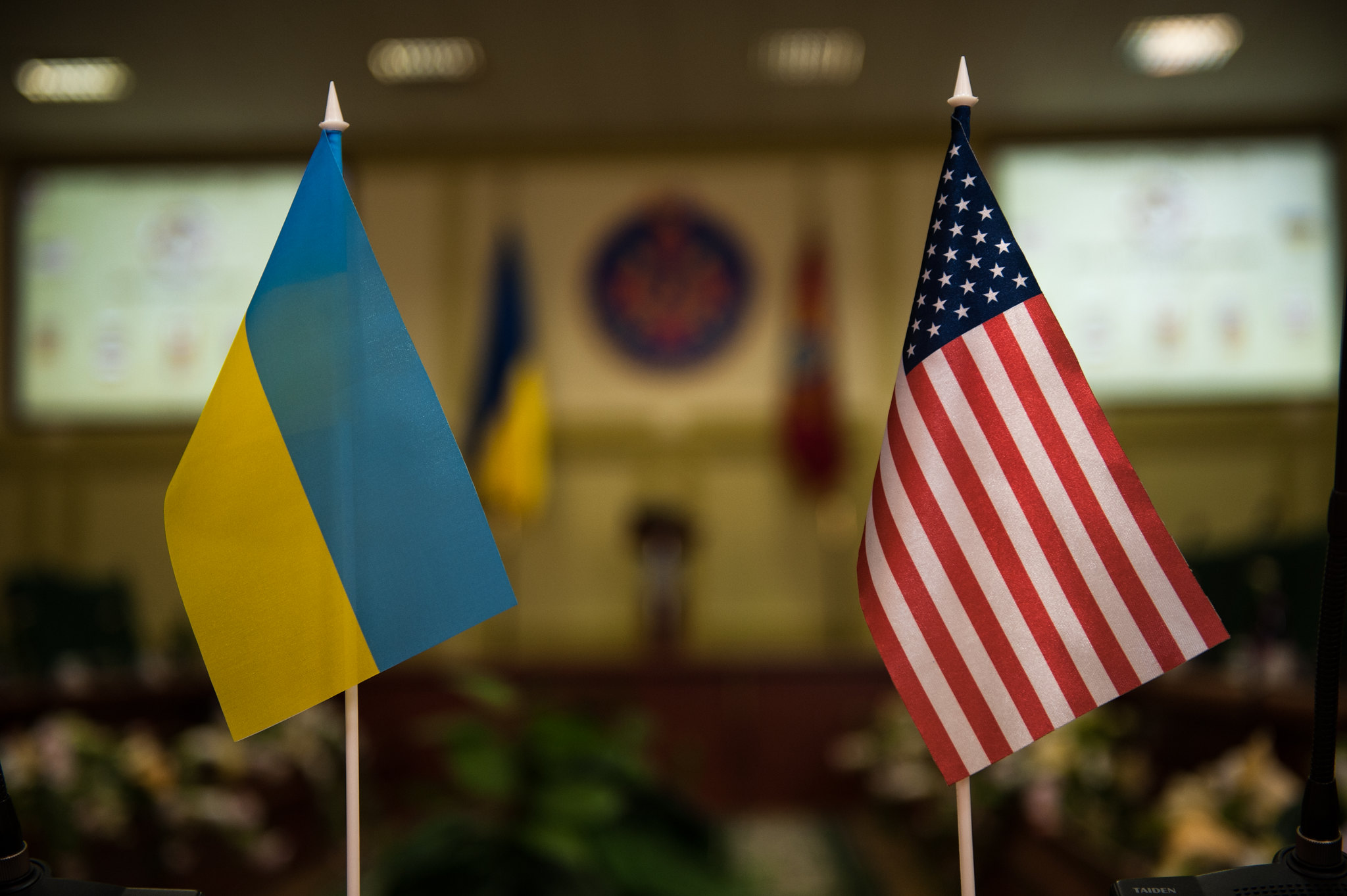U.S. and U.K. Submit Article 51 Letters to the U.N. Security Council on Middle East Operations
The letters shed light on the states’ views of the legality of their military actions as self-defense operations.
Since Oct. 17, 2023 Iran-backed militias have conducted at least 165 attacks on U.S. forces in Iraq and Syria. In response, the U.S. has conducted at least eight military operations against these militia groups. The U.S. has submitted five letters to the president of the U.N. Security Council detailing the nature of six of these military actions and justifying them as self-defense operations as permitted by Article 51 of the United Nations Charter, which provides states with the “inherent right of individual or collective self-defence” in the case of an armed attack. The first two letters concern U.S. actions in Syria, and the last three report on operations in Iraq.
The first letter, submitted on Oct. 30, 2023, concerns the U.S.’s strikes against two facilities in eastern Syria carried out on Oct. 26. In the letter, Linda Thomas-Greenfield, the U.S. ambassador to the UN, asserts that the purpose of the strikes was “to protect and defend [U.S.] personnel, to degrade and disrupt the ongoing series of attacks against the United States…and to deter Iran and Iran-backed militia groups from conducting or supporting further attacks on United States personnel and facilities.” The subsequent letters contain language to the same effect. Each of the five letters also describes the U.S. actions as “necessary and proportionate.”
The first two letters—concerning operations in Syria on Oct. 26, Nov. 8, and Nov. 12, 2023—characterize the operations as “narrowly tailored,” “separate and distinct from the ongoing conflict in Gaza,” and “conducted in a manner to…avoid civilian casualties.” The final three letters do not include these descriptions. Only the first two letters note that the military actions were “taken after non-military options proved inadequate to address the threat”—seemingly seeking to demonstrate the U.S.'s satisfaction of the military necessity requirement for the exhaustion of non-violent alternatives. And only in these two letters does the U.S. invoke the “unable or unwilling” doctrine. The inclusion of the “unable or unwilling” doctrine in the first two letters reflects the U.S.’s decision to invoke this standard with respect to operations in Syria.
The U.S. also submitted one Article 51 letter to the Security Council on Jan. 12 following its Jan. 11 joint attack with the U.K. against the Houthis in Yemen. Amb. Thomas-Greenfield writes in the letter that the “discrete strikes” targeted “Houthi facilities in Yemen that facilitate Houthi attacks in the Red Sea region” and were taken in response to Houthi militants’ attacks against commercial shipping and U.S. naval vessels in the Red Sea, the Bab al-Mandeb strait, and the Gulf of Aden. The letter also notes that the “narrowly tailored strikes are specific to the situation in the Red Sea” and were taken only after non-military alternatives had been exhausted.
The U.K. submitted two Article 51 letters on Jan. 12 and Jan. 26 following its joint attacks with the United States on Jan. 11 and Jan. 22, defending these strikes as permissible self-defense actions. The Jan. 12 letter notes that in their large-scale Jan. 9 attack, the Houthis targeted a British naval destroyer. And the Jan. 26 letter states that since the Jan. 11 U.S. and U.K. attacks, “Houthi statements have reaffirmed their intention to target American and British ships in the Red Sea and wider areas.”
You can read the U.S. letters (Oct. 30, Nov. 14, Nov. 28, Dec. 29, 2023 and Jan. 26) here or below, and you can read the U.K.’s letters (Jan. 12 and Jan. 26) here or below.



.jpg?sfvrsn=407c2736_6)


